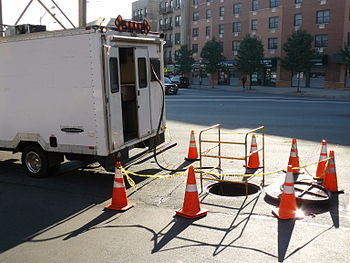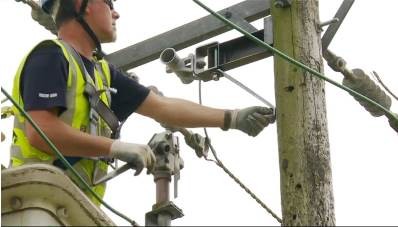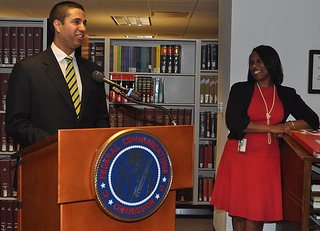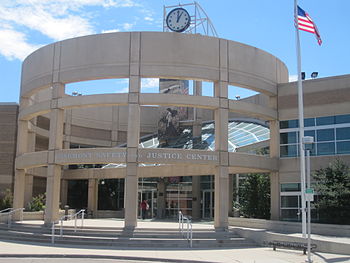Editor’s Note: Why don’t publications capitalize titles any more?
I really do not see Google Fiber as being disruptive other than offering a lower price to consumers. They offer the lower price because they can afford to offer the service and just break even on costs. Their “real experiment” is to determine if the higher speeds equate to greater ad revenue. Google’s goal is to increase access to Google properties where they will deliver more advertising to consumers as well as collect more data on their living habits. Their business model is perfectly valid.
Having another competitor in the market is always beneficial and Google has shaken up the market in a few areas, but they still offer the same types of services in the same bundled paradigm. It is not Google’s fault. They are forced to offer the video packages from the content providers. Maybe someday they will have enough market clout to break the forced video bundles or at least change the way that they are offered.






 Irish power utility
Irish power utility 
